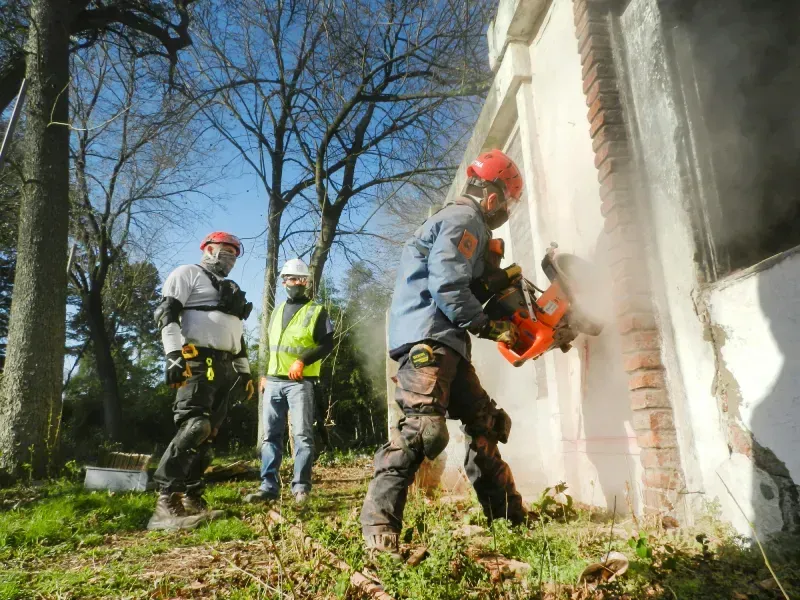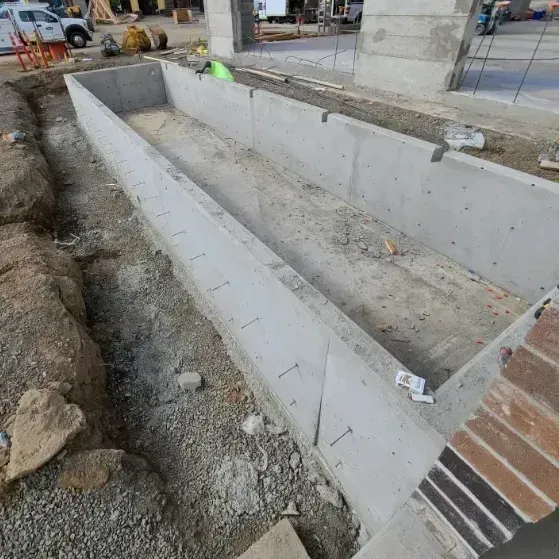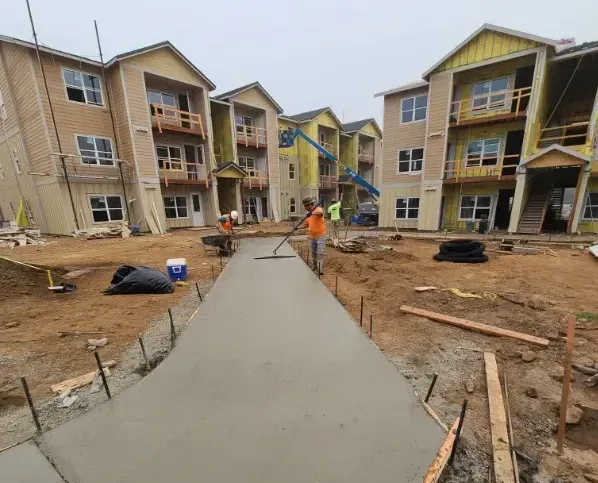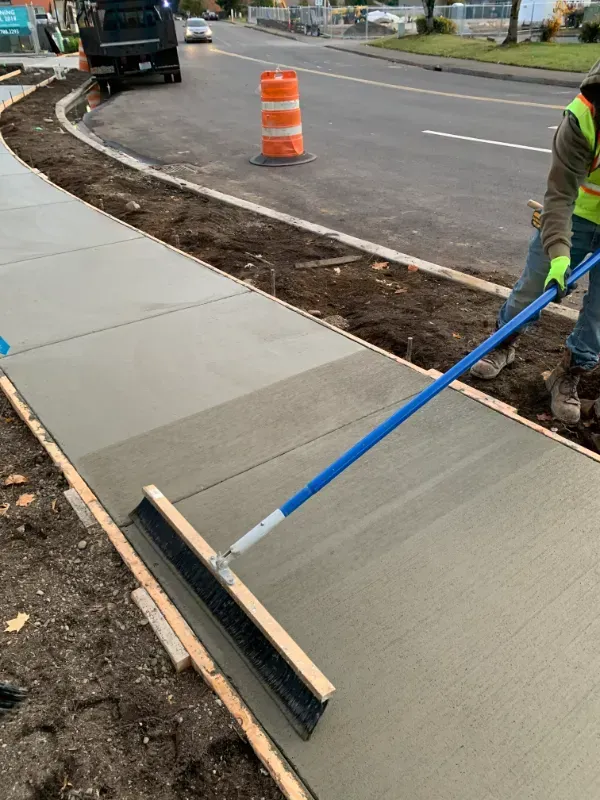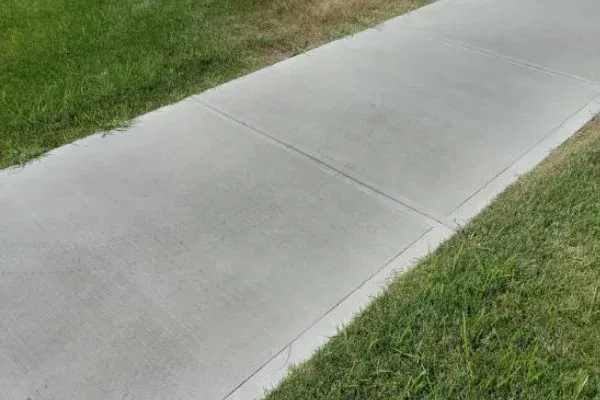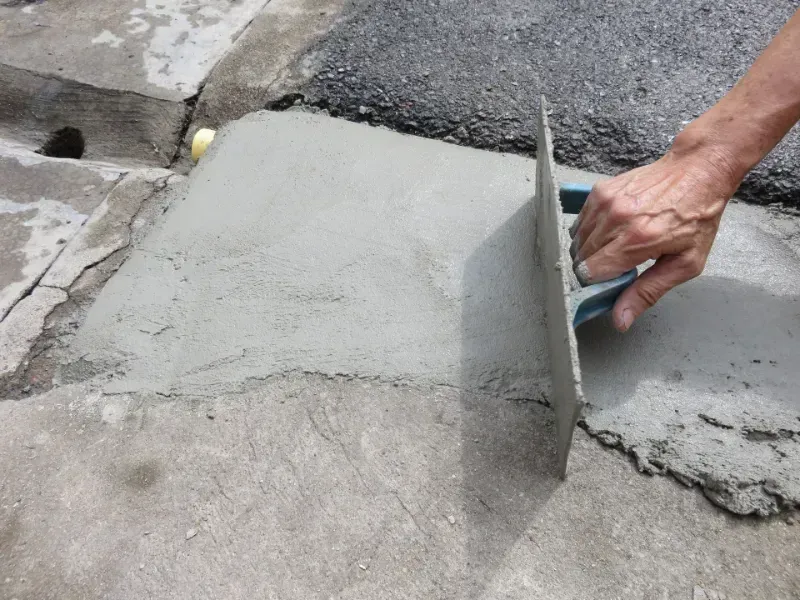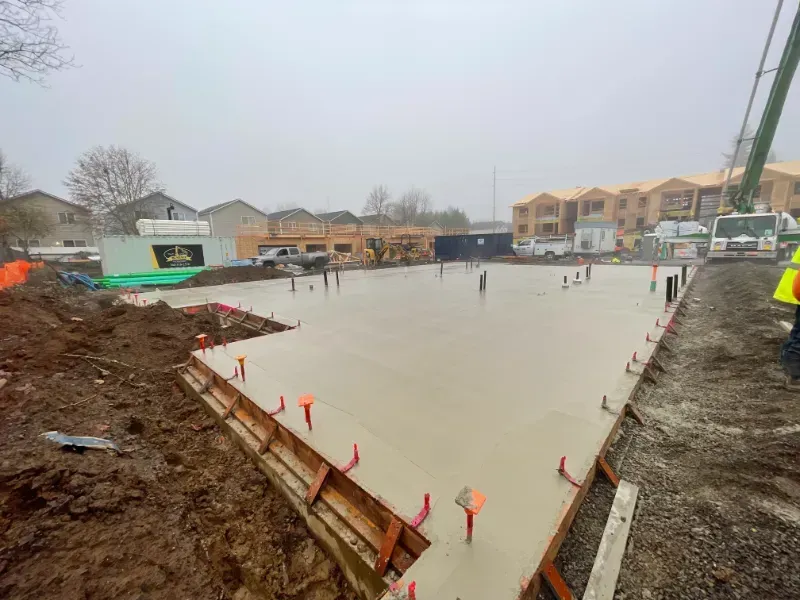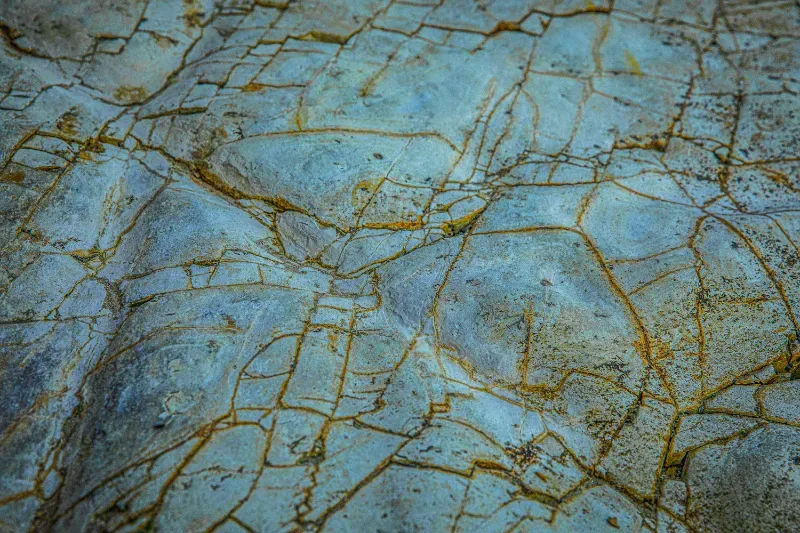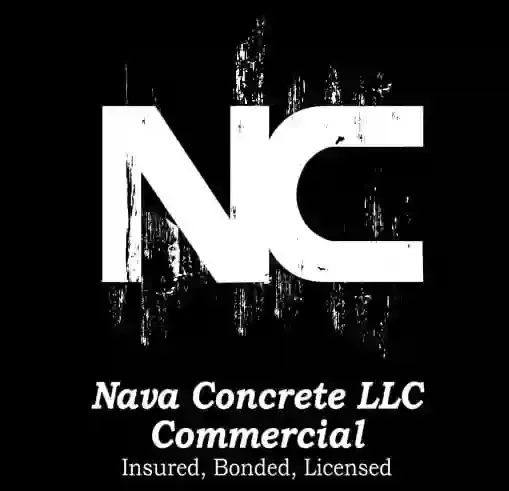How to Seal Concrete Driveways for Longevity
Why Sealing Your Concrete Driveway Matters
Think of your concrete driveway like your favorite pair of shoes. Over time, weather, moisture, and daily use wear it down. Sealing your driveway is like putting a protective shield over it. It helps fight off stains, cracks, and damage from the sun and rain. Without a good seal, even the strongest concrete can start to break down faster than you'd expect.
A sealed driveway doesn't just last longer, it looks better too. That clean, finished surface adds curb appeal and makes your whole home feel a little more put together. Whether you’re trying to keep things sharp for resale or just want your place to look great, sealing is a simple step that pays off big.
Ideal Seasons for Sealing Your Concrete Driveway
Timing is everything when it comes to sealing. The best time to seal your concrete driveway is during warm, dry weather, usually in late spring or early summer. You’ll want the temperature to be above 50°F and no rain in the forecast for at least 24 hours. Warm, sunny days help the sealer cure properly and stick to the concrete surface the way it’s supposed to.
Why does weather matter? Because moisture and cold can mess with the way the sealer sticks and cures. If it's too wet or too chilly, your sealer might not bond properly and that’s a recipe for disappointment. So wait for those sunny days when your driveway is warm and dry. That’s your sweet spot.
Choosing the Right Sealer for Your Driveway
Most sealers fall into two main categories: those that soak in (penetrating) and those that coat the surface (film-forming). Penetrating sealers soak into the concrete and protect it from the inside out which is great for areas with heavy rain or freezing temps. Film-forming ones sit on top of the surface and give your driveway a shiny finish, almost like a fresh coat of wax on a car.
If you're not sure which one to choose, think about your goals. Want protection without changing the look? Go with penetrating. Want a glossy, wet look? Film-forming is your friend. You can always ask a pro for advice based on your local weather and driveway condition. Picking the perfect sealer is key to getting the results you want.
How to Prep Your Driveway Before Sealing
Before you even think about opening that sealer can, you’ve got to prepare your driveway. That means sweeping off debris, clearing oil spots, and giving it a good power wash. If there are cracks or holes, patch them up so you’re working with a smooth surface. It might seem like extra work, but this step is absolutely crucial.
Prep is key because any dirt or stain left behind will get sealed in and that’s not a good look. Put in the prep work now, so you’re not kicking yourself later—it’s just like getting a wall ready before you paint. A clean base gives you the best results, and it ensures your sealer sticks well and lasts longer.
Cleaning Tips to Ensure a Long-Lasting Seal

Want that sealer to last? It starts with a deep clean. Use a concrete cleaner or degreaser to remove stubborn stains and rinse thoroughly. For heavy-duty grime, a pressure washer works wonders but don’t rush the process. Be sure your driveway is completely dry before sealing—any leftover moisture can ruin the finish and shorten its lifespan. That usually takes about 24 hours.
Don’t forget the edges. Dirt and grass can sneak back onto your clean surface if you’re not careful. Edge along flower beds and trim nearby grass to keep things tidy. A little extra effort now gives your sealer the clean surface it needs to bond and protect properly.
Step-by-Step Process for Applying Concrete Sealer
Sealing your driveway is simple, but technique matters. Begin by pouring the sealer into a fresh paint tray. Then use a roller with an extension handle to apply an even, thin coat across the surface. For corners and edges, switch to a paintbrush to make sure you don’t miss any spots.
Let that first coat dry as directed, usually a few hours. If your driveway sees a lot of traffic or you want extra protection, apply a second coat. The key is even coverage, don’t rush it. Think of it like painting a masterpiece. Take your time, follow the label, and you’ll get that smooth, sealed finish that keeps your driveway looking fresh.
Common Mistakes to Avoid When Sealing Concrete
It’s easy to take shortcuts, but believe us—these are the ones that can cost you later. First, don’t seal over dirty or damp concrete. That’s asking for trouble. Second, don’t apply the sealer too thickly. More isn’t better here. Third, make sure you wait long enough between coats so each layer can cure properly.
And finally, don’t skip the prep work. It might be the least fun part, but it’s also the most important. These slip-ups can lead to peeling, bubbling, or a patchy finish. When in doubt, follow the product instructions exactly. And if it’s your first time, don’t be shy and reach out to someone with experience for advice.
How Often Should You Reseal Your Driveway?
Most concrete driveways need resealing every 2–3 years, but that depends on your climate and how much wear your driveway gets. If you’re in an area with lots of rain, snow, or sun, you might need to do it more often. High-traffic driveways will wear out faster too.
A good rule of thumb: if water no longer beads on the surface, it’s time to reseal. It’s like adding sunscreen, once it wears off, your driveway is vulnerable. Don’t wait until it’s cracked and stained. Keep up with maintenance and your concrete will stay in great shape for years to come.
Signs Your Driveway Needs to Be Resealed
Not sure if it’s time to reseal? Look for faded color or a dull finish. If water no longer beads up but instead sinks right into the surface, the sealer is probably worn out. You might also notice small cracks or more oil and dirt stains sticking around.
These little hints are your driveway’s way of asking for help. Catching them early means less damage—and less money spent on repairs. Sealing might seem like a chore now, but it’s a whole lot easier than replacing concrete down the line.
Ready to Seal Your Driveway the Right Way?
If you're feeling ready to give your concrete driveway the protection it deserves, we’ve got your back. At Nava Concrete LLC, we help homeowners all over Vancouver, WA make their driveways look better and last longer. Call us at (360) 721-8093 for friendly advice or to schedule your sealing service. Let’s protect your concrete the right way and make your home shine from the ground up.
